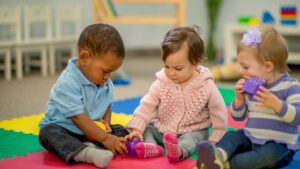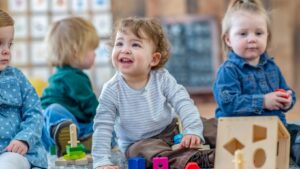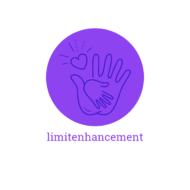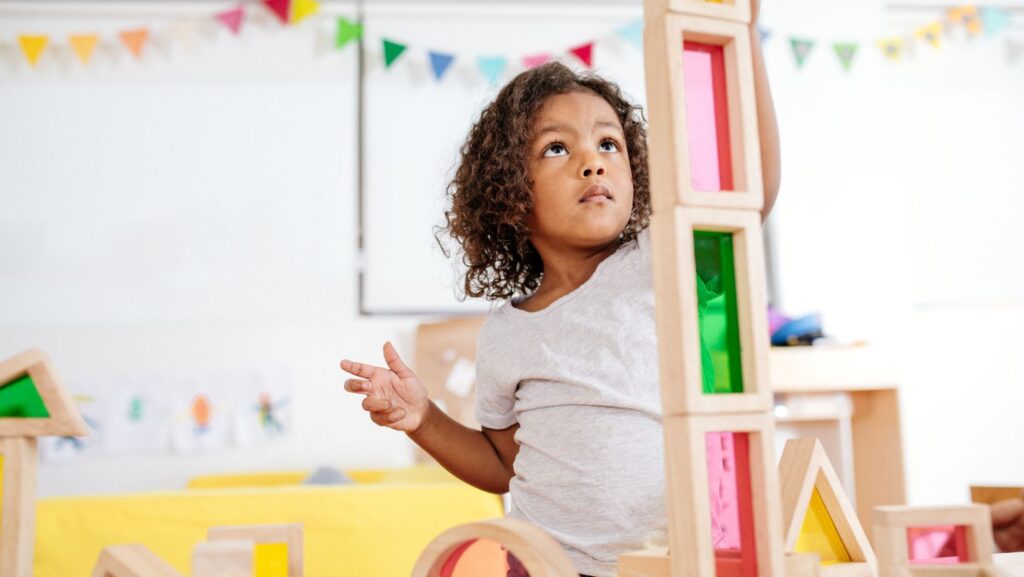Toddlerhood is a fascinating stage of life, brimming with rapid changes and remarkable milestones. It’s a time when tiny humans start to explore their social world, making it a critical period for social development.
During these formative years, toddlers begin to form the building blocks of social interaction. They start to understand the concept of self, recognize the emotions of others, and even begin to develop empathy.
What Social Developments Occur During Toddlerhood?
Toddlerhood marks the commencement of remarkable developments, particularly in the social realm. Toddlers begin to navigate the intricate web of social interactions, and they encounter a new facet of their social world daily.
The Importance of the Toddler Years
 Toddler years are a fundamental period in the development of a child. This stage foregrounds the growth of imperative social skills. Toddlers start to grasp basic social concepts, like turn-taking in conversations and sharing. Learning to express emotions, whether joy, frustration, or sadness, and comprehend others’ feelings gets incorporated into their skillsets. Their journey includes observing and mimicking adult behaviors, a primary method for toddlers to learn and participate actively in their social surroundings.
Toddler years are a fundamental period in the development of a child. This stage foregrounds the growth of imperative social skills. Toddlers start to grasp basic social concepts, like turn-taking in conversations and sharing. Learning to express emotions, whether joy, frustration, or sadness, and comprehend others’ feelings gets incorporated into their skillsets. Their journey includes observing and mimicking adult behaviors, a primary method for toddlers to learn and participate actively in their social surroundings.
Defining Social Development Milestones
Drawing attention towards social development milestones results in recognizing these essential transformations. Three instances worth highlighting can be the phases of parallel play, associative play, and cooperative play.
- Parallel Play: This is the realm where toddlers play next to each other but not necessarily with each other. Though they don’t play together, toddlers learn critical skills like mimicking and observing from this format.
- Associative Play: Progressing from parallel play, toddlers engage in associative play. In this phase, they start to interact more with their playmates, although they do not organize their activities with a common goal.
- Cooperative Play: This phase sees toddlers playing together, set on achieving a shared objective. Here, a toddler’s social development begins to mature as they learn about negotiation, compromise, and collective decision making.
Growth in empathy and perspective-taking abilities are other significant social achievements during toddlerhood. Familiarity with societal norms commences, making toddler years pivotal for shaping the social behaviors that’ll influence future interactions.
Fundamental Social Milestones in Toddlers
Social development in toddlerhood encapsulates significant transformations. While progressing from observing to actively participating in social environments, toddlers hit several key milestones. These milestones are pivotal in a toddler’s understanding of self, interaction with others, and societal norms. They lay the foundation for future interpersonal behaviors and relationships.
Developing a Sense of Self
Toddlers start comprehending their uniqueness, a milestone known as self-recognition. By age two, the majority (65%) of toddlers show evidence of self-awareness. They begin engaging in self-descriptive behaviors, as indicated by actions such as using the first person pronouns “I” and “me.” Their appearance in front of mirrors changes, growing from mutual gaze to self-observation. Self-recognition propels changes in emotion, promoting self-conscious reactions like embarrassment and pride.
Additionally, the emergence of pretend play helps distinguish the self from others. For example, pretending to be a barking dog or a flying bird implies an awareness that “I’m not a dog” or “I’m not a bird.” Such playful instances assist toddlers in realizing their individuality, creating an understanding of their identity separate from the surrounding world.
Learning to Interact With Others
 In toddlerhood, interaction skills evolve from rudimentary to increasingly complex forms. Initial interactions are mimicking adult behaviors – applauding a successful action or wagging a finger for ‘no.’ As they mature, toddlers initiate more elaborate social exchanges. They start using words and gestures to share feelings and desires, a shift from earlier response-driven interactions.
In toddlerhood, interaction skills evolve from rudimentary to increasingly complex forms. Initial interactions are mimicking adult behaviors – applauding a successful action or wagging a finger for ‘no.’ As they mature, toddlers initiate more elaborate social exchanges. They start using words and gestures to share feelings and desires, a shift from earlier response-driven interactions.
Interactions evolve further with the introduction of turn-taking. Toddlers learn this skill in many contexts, such as ball-throwing games or alternate spoon-feeding. Grasping turn-taking is vital for later conversational and social success.
Moreover, toddlers acquire the ability to maintain attention mutually, known as joint attention. It occurs when the toddler engages another person in their focus of interest. Joint attention serves as a symbolic communication milestone, paving the way for language development and the capacity to understand others’ perspectives.
In sum, toddlerhood is a dynamic time of burgeoning self-awareness and interactional competencies. Pushed by curiosity and innate resilience, toddlers map their path along these fundamental milestones, shaping their social world.

